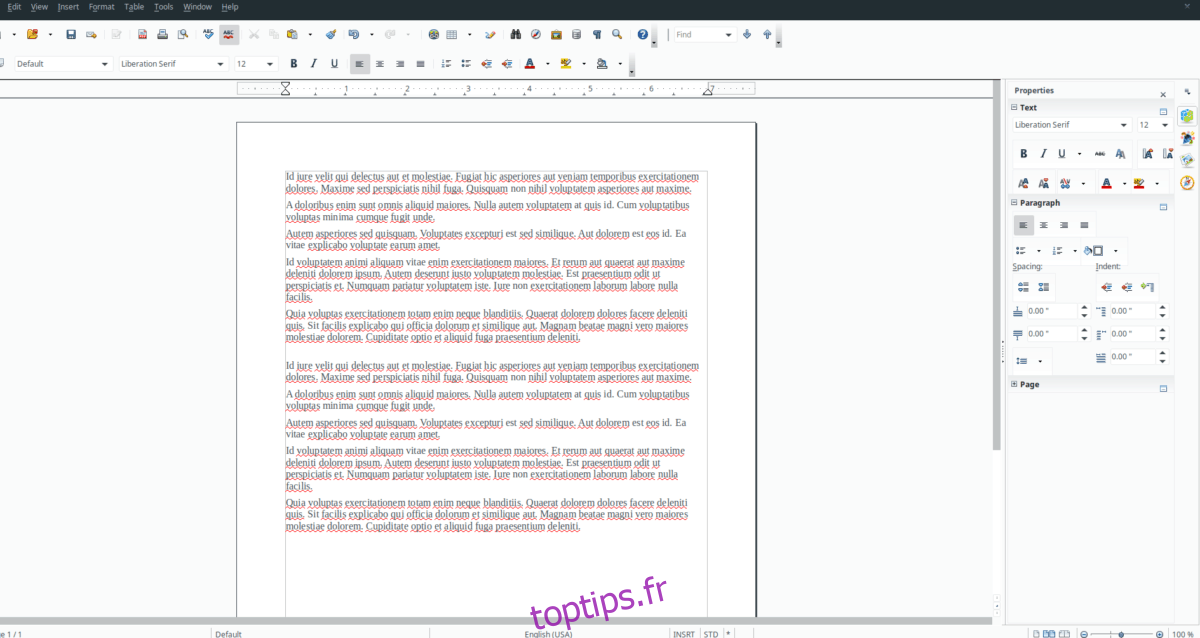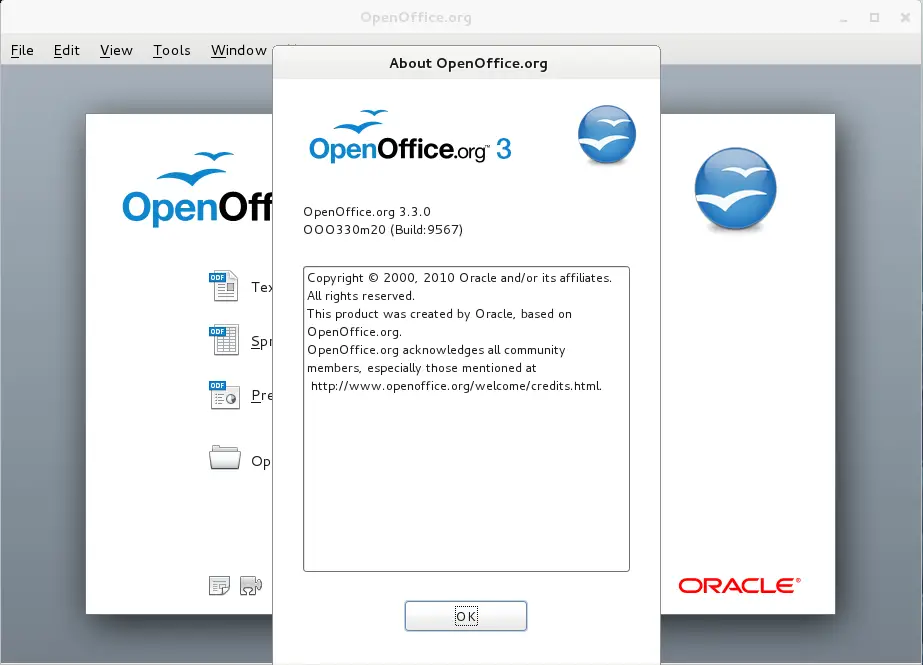

Open a terminal window (such as gnome-terminal or konsole). Click “Download” and save the compressed file to a new folder (You can call it openoffice if you like).Ħ. If you are using 64-bit, it will say x86_64 at the end of the string before GNU/Linux.ĥ. Note: If you are not sure, run “ uname -a” from a terminal.

Run your mouse pointer across the page to the Linux 32-bit DEB or Linux 64-bit DEB, depending on the distribution you are running. In the left column, select your language.Ĥ.

These instructions assume you have downloaded and extracted the Apache OpenOffice installation files. Scroll down to the table of release packages.ģ. The RPM package manager is a powerful tool you can use to deploy software packages both locally and throughout a network. Point your web browser to the download pageĢ. But if you happen to be a little impatient or just want to give it a try, there are packages available directly from the website that work well with Ubuntu 9.10.ġ. The upcoming release of Ubuntu ( 10.04 “Lucid Lynx”) will include 3.2 by default, and the release is on April 29 - just around the corner.


 0 kommentar(er)
0 kommentar(er)
